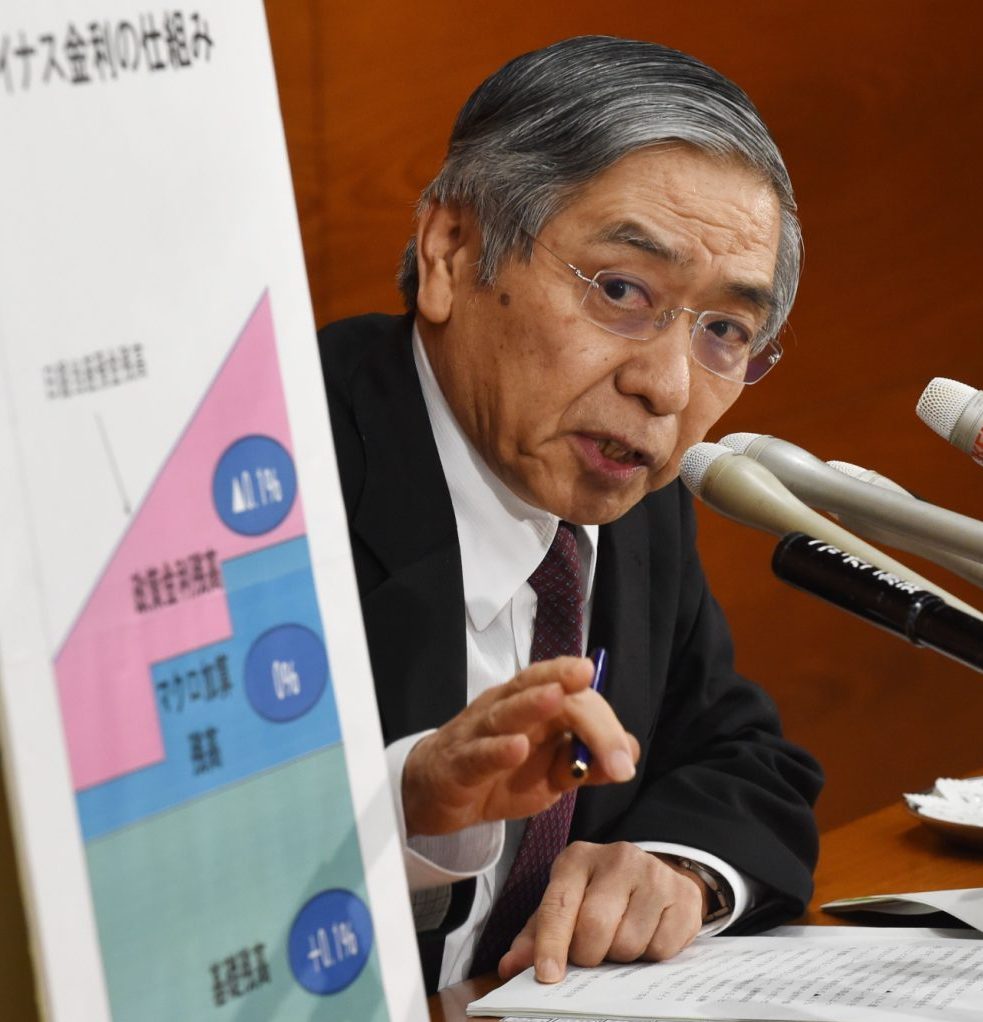Last throw of the dice: Japan stuns world markets with negative interest rate
Japan’s central bank has surprised world markets by introducing a negative deposit rate for commercial banks. The unexpected move, which means that banks, in effect, have to pay to hoard cash, is intended to stimulate spending. It is hoped it will force banks to lend more money to customers and encourage them to spend. The tactic injected some life into stock markets, with the Nikkei 225 in Tokyo closing 2.8% higher on Friday, although the gains were tentative.
Concerns had been mounting that the BoJ were increasingly tapped out in their ability to ease monetary policy any further, and today’s 5-4 decision shows how bitter the divide between hawks and doves is
Angus Nicholson, a market analyst at IG Ltd. in Melbourne
Japan’s economy has stalled with inflation stagnating as shoppers appeared unwilling to spend. The BoJ had already kept its key interest rate at near zero as part of the country’s easy money policy – a key weapon in prime minister Shinzo Abe’s “Abenomics” economic revival programme. The latest policy shift is similar to a tactic employed by the European Central Bank for the eurozone last year. But some see it as a desperate measure and a sign other tactics are failing. "It was a surprise to most market players who thought negative interest rates would be a last resort,“ said Koichi Fujishiro, senior economist at Dai-ichi Life Research Institute.

bank of japan